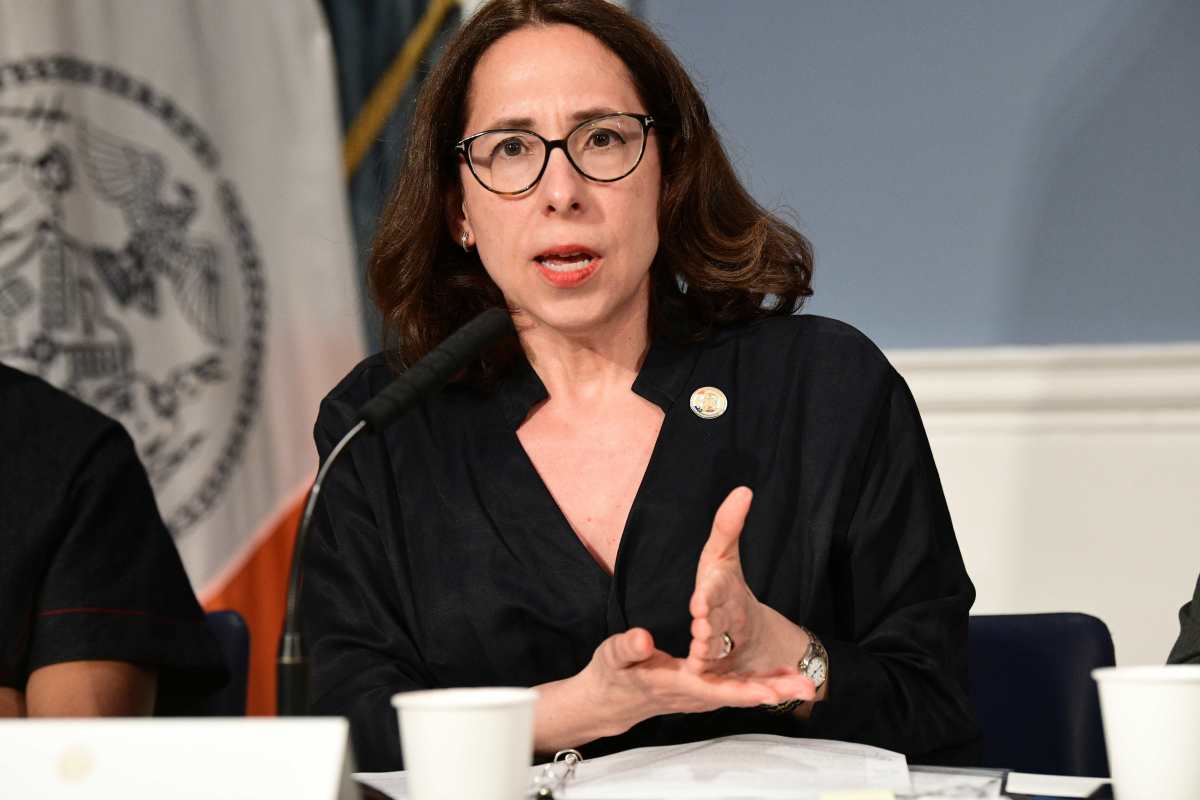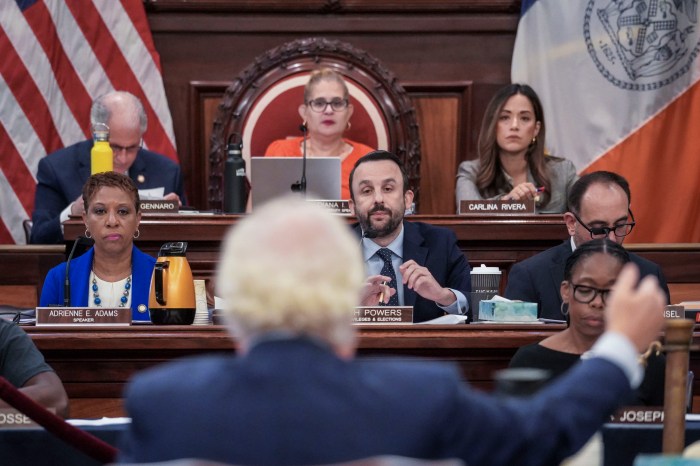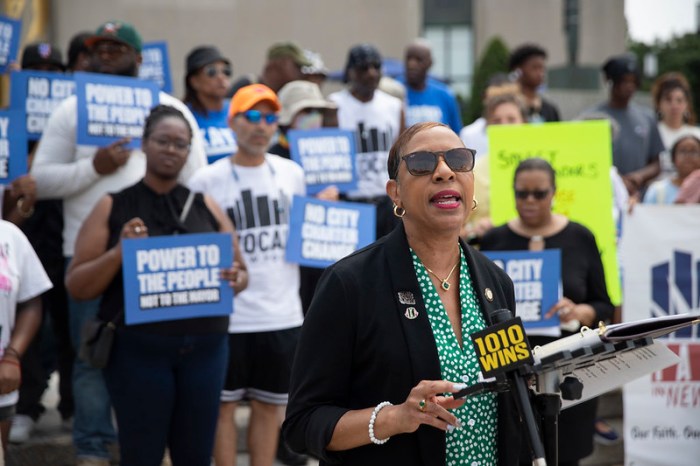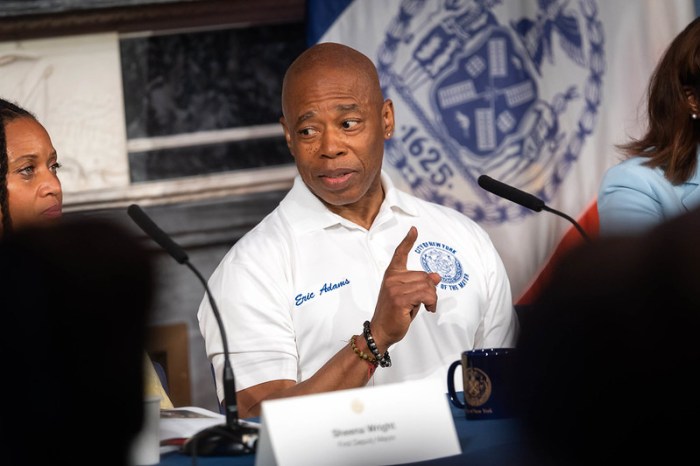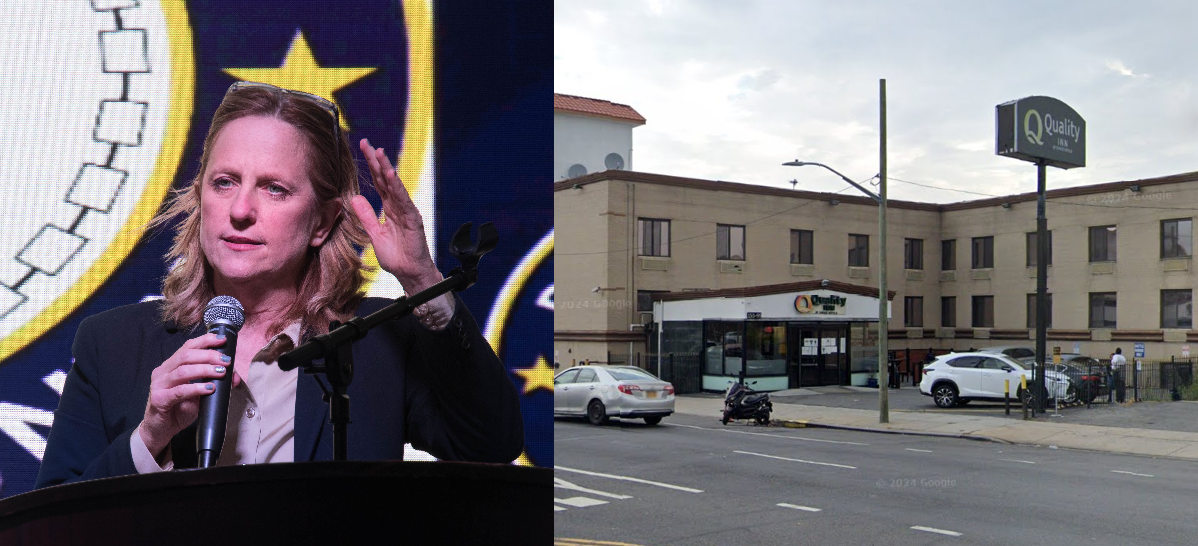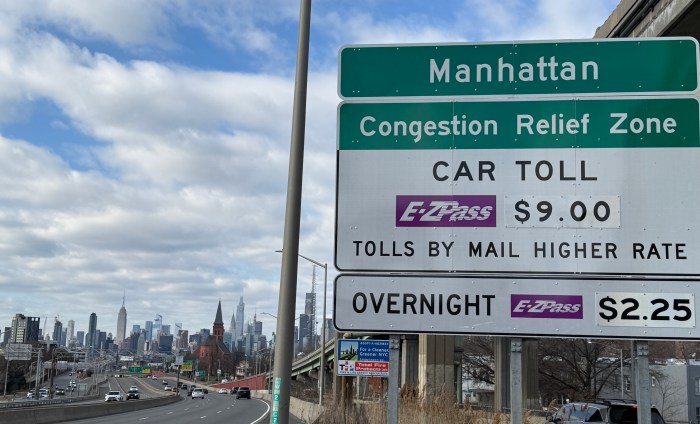Mayor Eric Adams’ team went on the offensive Tuesday against a City Council bill that would significantly expand the body’s advice-and-consent powers over mayoral appointments, labeling it as “deeply misguided.”
However, Council leadership says the bill — which would give it approval authority over an additional 21 mayoral appointments — is simply a good government measure that would provide more public vetting of the mayor’s picks to lead city agencies.
Currently, the council only has advice-and-consent powers over two city agency leaders: the corporation counsel, who leads the Law Department; and the Department of Investigation (DOI) commissioner.
Some lawmakers on the City Council have further argued the bill is a necessary check on the mayor’s power to appoint political allies, who may not be the most qualified choices for top agency posts.
The battle over the legislation marks the latest escalation in a series of increasingly bitter disagreements between the mayor and City Council Speaker Adrienne Adams.
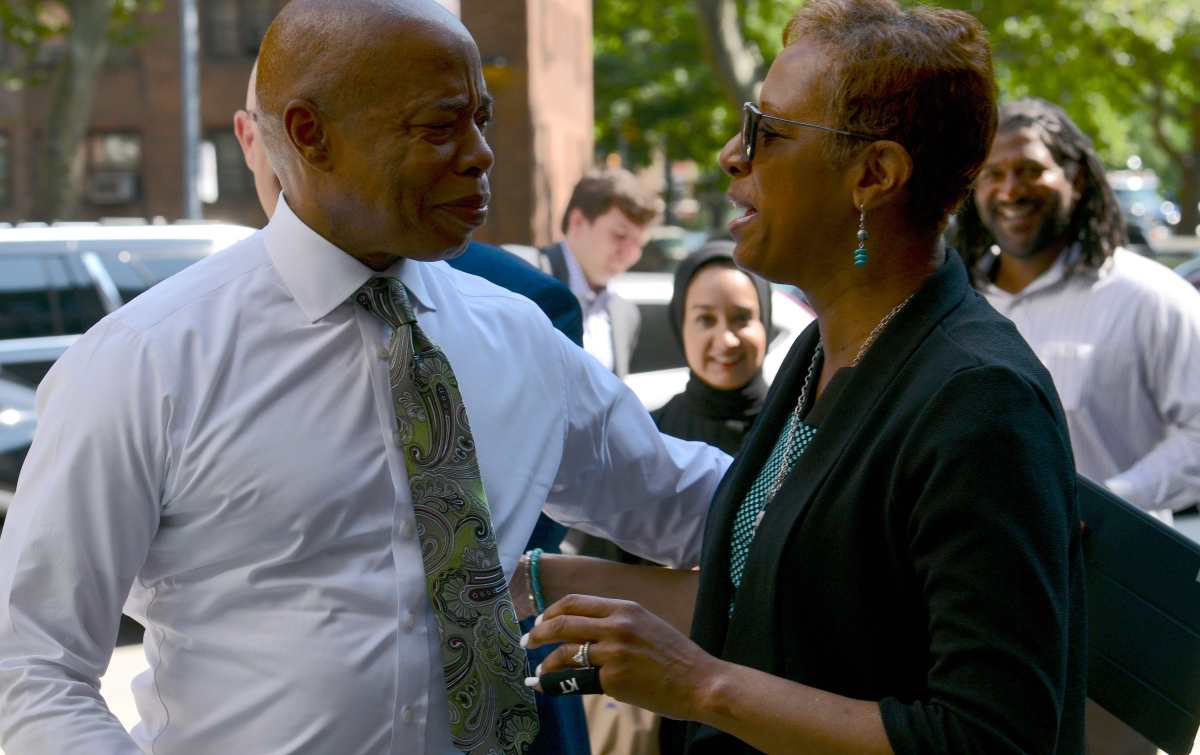
During Mayor Adams’ weekly Tuesday news conference, both his top attorney, Lisa Zornberg, and Deputy Mayor Maria Torres-Springer gave multi-minute speeches where they sought to cast the proposed legislation as a power grab by the council to gum up the government works, defang the mayor’s office, and politicize appointments.
“The bill proposes that the City Council should have the final word, that they should have the power to confirm candidates for the executive administration,” Zornberg said. “So the legislature is trying to take power from the executive.”
Tammany comparison
Zornberg contended that the last group who benefited from a mayor not having sole discretion over tapping agency commissioners was Tammany Hall — the omnipotent and corrupt political machine that ran New York City government in the mid-1800s and early 1900s.
Yet Council Spokesperson Shirley Limongi fired back in a statement accusing the Adams administration of acting like Tammany Hall, in light of questions around some of the mayor’s appointments over his past 2 1/2 years in office.
Some of the mayor’s top appointments, including his former Buildings Commissioner Eric Ulrich and Senior Adviser Winnie Greco, have found themselves in ethical hot water. Ulrich was hit with 16 charges in a federal corruption indictment last fall, while Greco is the subject of separate probes by the feds and the city Department of Investigation over her fundraising for Adams 2021 campaign and allegations that she used her city job for personal gain respectively.
“It’s interesting that this Administration would bring up Tammany Hall when there have been major ethical and qualifications questions raised about many of its appointments,” Limongi said. “Advice-and-consent is fundamentally a protection against political loyalty and patronage determining appointments instead of a person’s qualifications and ethics.”
A layer of red tape?
Torres-Springer, who cited her experience working in three mayoral administrations, argued the bill does a “disservice” to New Yorkers by adding red tape to a process that she said requires “speed and efficiency.”
“At the beginning of an administration, they’re making dozens and dozens of appointments to key cabinet positions, you are trying to fill more than a thousand boards and commissions,” she said. “What you need in that process is speed … If you don’t get that, you have gaps not just in decision-making. But in the delivery of service.”
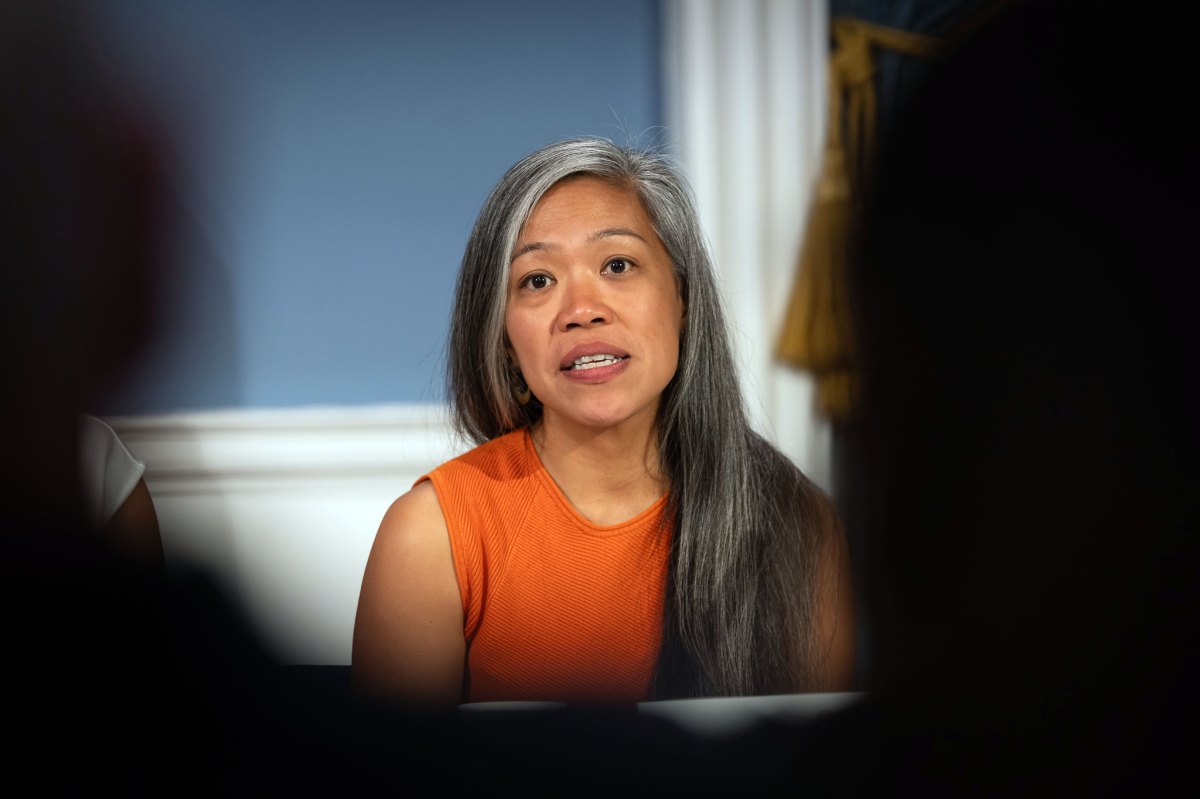
That is quite different from how Speaker Adams views the legislation. During a City Council hearing on the measure last week, she said the bill would ensure commissioners are truly accountable to all city lawmakers, not just the mayor, as stipulated by the City Charter.
“Advice and consent establishes a transparent process for nominees to introduce themselves to all stakeholders,” the speaker said, during the hearing. “And provides the public with an opportunity to engage and comment on the nominations.”
Amid the proceedings, the speaker and Council Member Lincoln Restler (D-Brooklyn) — who chairs the Intergovernmental Affairs Committee — both pushed back on the administration’s key arguments against the bill.
They pointed out that in the cases where the council already has advice and consent it approves the vast majority of mayoral appointees, including the last two corporation counsels and DOI commissioners.
Additionally, they said the bill stipulates that they must act on filling vacancies within 30 days, or the mayor’s appointment is automatically approved, so the process will not impact the functioning of city agencies.
The speaker’s office also pointed to a section of the bill which stipulates that the first deputy commissioner or a proxy appointed by the mayor will act as an interim agency head until a new one is confirmed — a measure also designed to keep agencies functioning as normal between appointed leaders.
The hearing also featured a dramatic episode that started when the administration initially did not send any officials to testify about the bill or answer council members’ questions on their opposition to it.
Then, near the end of the proceedings, Adams’ Director of Intergovernmental Affairs Tiffany Raspberry read testimony from the mayor blasting the measure and then walked out without taking council members’ questions.
But the mayor sought to dispel the notion that his relationship with the speaker has fractured — saying they are like siblings who fight sometimes but ultimately get along.
“Hidden in this also is that there’s a whole lot of folks that want to hijack the narrative that the first Black speaker, second Black mayor, navigated the city during the most difficult times,” the mayor said. “We’ve been trying to play this song for a long time. Look, they hate each other, they hate each other, they hate each other. No, we disagree on issues. I have a great relationship with Adrienne.”



